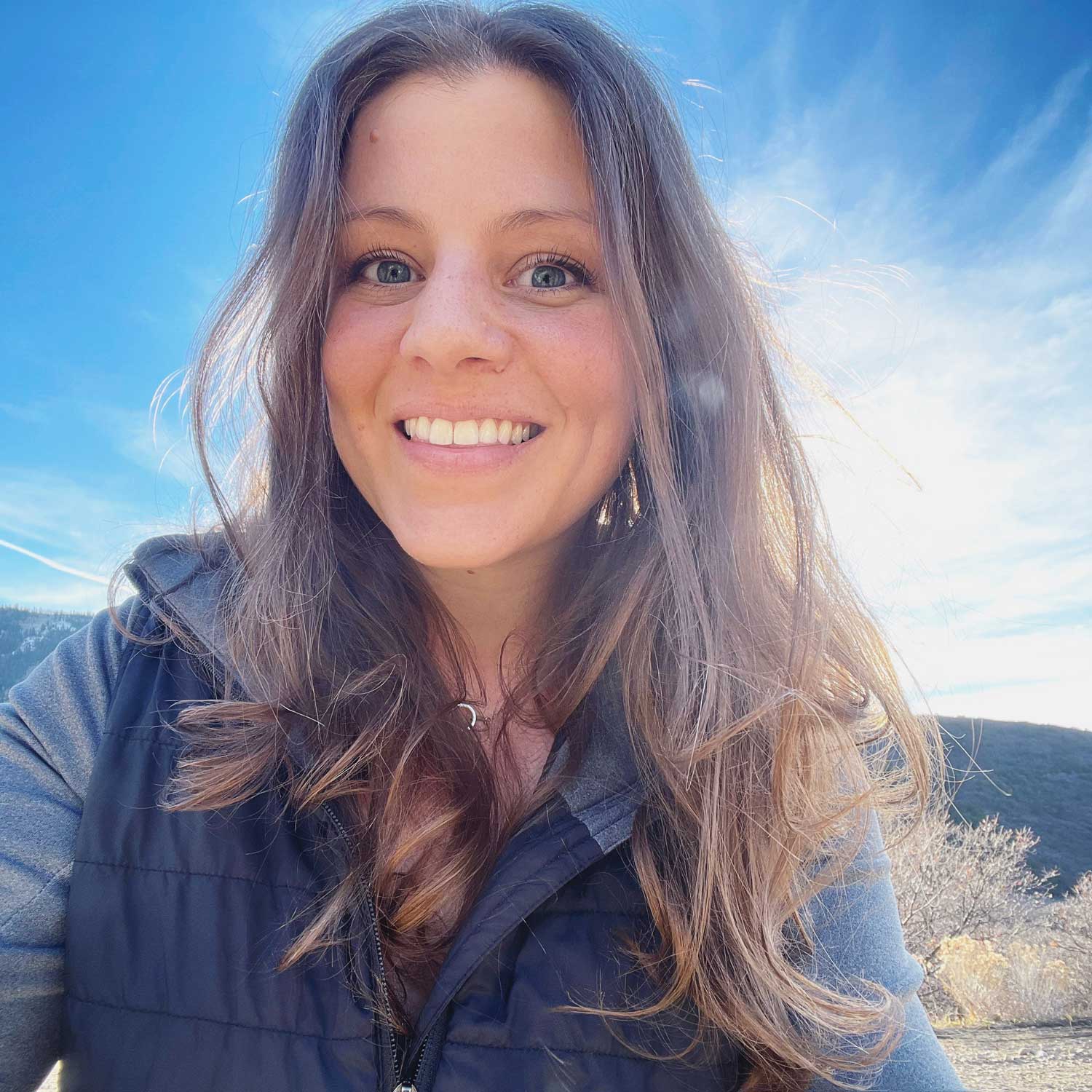Who’s a Threat to Your Evolution?
Who’s a threat to your evolution?
I recently heard this phrase on a podcast episode, which resonated with me on such a deep, soul level.
This is the podcast if you’re interested.
As I prepare for this next season of my life, I’ve been doing the challenging work of clearing my old traumas, limiting beliefs, outdated ways of being, and removing anything and everything that doesn’t align with who I desire to be.
I’m wholly committed to showing up as my most fully expressed self.
And while I’m no stranger to letting go of relationships that no longer serve or support me, this idea of looking more closely at who’s a threat to our evolution, our identity, and our full expression gave me pause at a whole new level.
Because it’s not just about the obviously toxic and abusive relationships.
We have to watch out for so many types of people as we work to make big, exciting, seemingly impossible things happen in our lives.
Making the impossible happen isn’t easy.
Otherwise, we’d all be doing it all the damn time.
You have to be honest about who’s a threat to what’s important to you, whether it’s your personal or professional goals, healing or growth work, or anything in between. It doesn’t mean we have to cut them out forever; it just means we may need to take space or set boundaries in order to do what we need to do.
Here are some people to watch out for:
The person who feels uncomfortable and confronted by your growth. And not just your growth, but your healing, ambition, self-reflection, increased knowledge, and the changes you’re making. These people are often triggered because we’re doing something they want or need to do, but haven’t. And if you go too far with it, they’re going to be forced to face things they don’t want to face, so they work to derail you.
The person who feels hurt by your boundaries. It’s healthy and vital to set boundaries as we work to make transformations in our lives. That might look like being less available or accessible to people, saying no to things you used to show up for or participate in, or changing the container of a relationship (even ending it completely). It can hurt when people make changes that affect us. I get it. But if we really love and support the other person, we need to see that it’s a trigger of ours, not something “bad” they’re doing to us. Some people will instead choose to guilt and shame you, making you out to be a bad guy for honoring your needs.
The person who wants a “boost” from you. These people come in all shapes and sizes and areas of our life, from friends and family to clients and professional colleagues. They’re the people who love to be elevated by you in some way, without necessarily giving anything in return or at an equal exchange level.
The person who has all the knowledge and experience. There can be healthy relationships with knowledgeable and experienced people, and there are many who are so anchored in their “knowledge” and “experience” that they literally can’t consider you or your context. They have no space to consider your situation, what you’re working to do, or what about their “expertise” might be wholly irrelevant to the conversation at hand. These people often cause us to doubt ourselves because of their patented blend of certainty and dismissiveness.
The person who “negs” you. Negging isn’t a mistake or a slip of the tongue; it’s emotional manipulation to keep you in check. It can come from anyone (personal, professional, romantic, platonic), and it’s absolutely abusive. It will cause self-doubt, low self-worth, and usually leads to giving your power away to someone else.
The person on a lower frequency or level than you. This isn’t about feeding our egos or saying we’re better than someone else. Not at all. It’s about honestly assessing what level you’re presently operating on, as well as the level you’re working to grow to. The truth is, we’re heavily influenced by the people we surround ourselves with. So it makes a difference when there’s even one person who’s negative, lower vibration, or operates in ways you’re working hard to leave behind. Especially if we’ve known them for years because they’re extra savvy at making us feel bad for changing or guilting us into our old habits.
Trust your ability to discern.
None of these types of people are going to encourage you to make changes to your relationship. You have to trust yourself to discern what’s supportive and what’s not.
No one can decide that but you.



